During the ACR Convergence 2021 National Meeting, Dr. Leonard Calabrese and Dr. Cassandra Calabrese, two rheumatologists from the Cleveland Clinic, recently co-led a Community Hub session on COVID-19. What follows is a summation of the material they discussed.
Dr. Leonard Calabrese, a professor of medicine at the Cleveland Clinic Lerner College of Medicine, opened the discussion commenting on the lack of systematic approach to outpatient management of COVID-19 in patients with IMIDs, immune-mediated inflammatory diseases. He reviewed that patients with the highest risk for complications and severe disease from COVID-19 include those on B-cell depleting agents (such as Rituximab), glucocorticoids (especially high-dose) and anti-metabolites like mycophenolate.
The father-daughter duo also discussed an approach to patients with IMIDs in the outpatient setting. Dr. Leonard Calabrese emphasized the importance of educating patients on these medications, particularly those on Rituximab, regarding the fact that (1) they are at higher risk for complications from COVID-19 infection, and (2) they are less likely to develop an adequate immune response to the vaccination. He also recommended they purchase rapid antigen COVID-19 test kits to have at home for testing as needed. Finally, he emphasized the importance of patients knowing whom to call if a COVID-19 test returns positive, in order to enable them to access potentially life-saving care.
Using Monoclonal Antibody Therapy
Dr. Calabrese explained how immunosuppressed patients with mild to moderate disease, who are in an outpatient setting without an oxygen requirement, should receive monoclonal antibody therapy early in the disease course to work.
“With monoclonal antibody therapy, these patients are over 70% less likely to progress to hospitalization and severe outcomes,” he remarked.
Another important nuance they discussed was what to do if a high-risk patient is exposed to an individual who later tests positive for COVID-19. In this situation, a patient should call a knowledgeable provider for post-exposure prophylaxis.
“[Post-exposure prophylaxis] provides the patient with anti-spike antibody and has a high level of efficacy,” Dr. Leonard Calabrese said.
Currently, the CDC and American College of Rheumatology (ACR) do not recommend routinely checking anti-spike antibody titers following vaccination, as there is no specific threshold to identify how protected an individual is, Calabrese explained. However, an entirely undetectable anti-spike antibody would be a highly vulnerable group. He said he does order anti-spike antibodies selectively in the most immunosuppressed; if levels are undetectable, this data helps reinforce the importance of adhering to more rigorous mitigation measures and preventive health behaviors.
Educating Rheumatologists
Next, Dr. Cassandra Calabrese, an assistant professor at the Cleveland Clinic Lerner College of Medicine, discussed that many rheumatologists and providers also lack knowledge on how to obtain monoclonal antibodies outpatient for patients with rheumatic diseases, a critical lapse. She recommended for providers not in academic centers to collaborate with local Infectious Disease experts who can help them identify and access the monoclonal antibody infusion for high-risk patients. She also highlighted some of the logistical difficulties in obtaining monoclonal antibody infusions, including identifying available sites in non-academic centers and some patients not having reliable transportation to the infusion center without exposing others to COVID.
The latter part of the talk reviewed some audience questions during a Q&A session. First, briefly the use of monoclonal antibody as pre-exposure prophylaxis therapy was mentioned as an important longitudinal preventative strategy for our most immunosuppressed patients going forward. Oral antivirals were also mentioned as a component of the treatment armamentarium going forward as a method to reduce progression of COVID-19 to severe disease.
One of the final topics discussed included the role of third and fourth doses of the mRNA COVID-19 vaccination in immunosuppressed patients. The wording from the CDC was “a bit vague” regarding fourth doses, Dr. Cassandra Calabrese said.
“For immunocompromised individuals, an additional third mRNA COVID-19 vaccine dose is recommended within 28 days of the initial series. A fourth dose is recommended to be given six months after the third dose in some patients, with further guidance on which populations who will qualify still awaiting clarification,” Dr. Cassandra Calabrese said.
Mithu Maheswaranathan, MD, is currently a practicing rheumatologist and Clinical Instructor in the Division of Rheumatology and Immunology at Duke University in Durham, North Carolina. Follow him on Twitter (@MithuRheum).

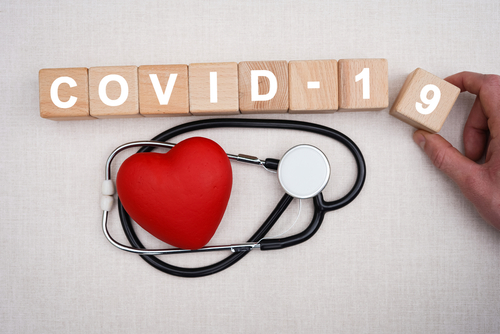
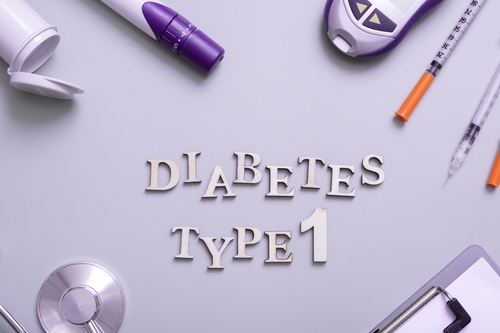
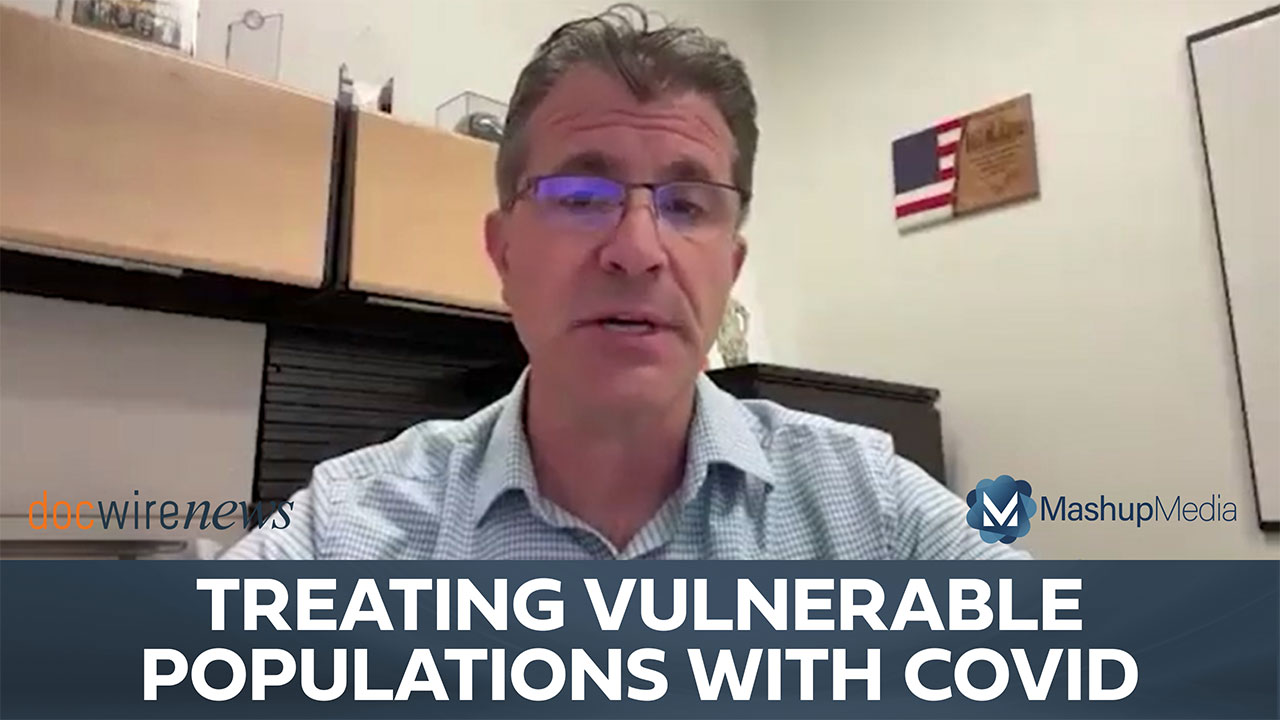
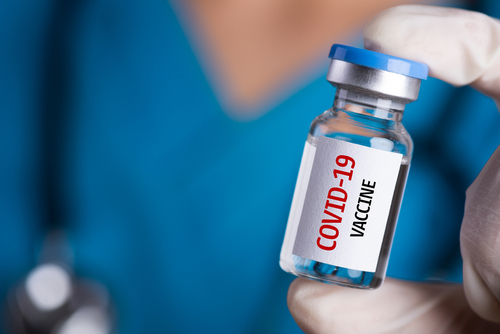
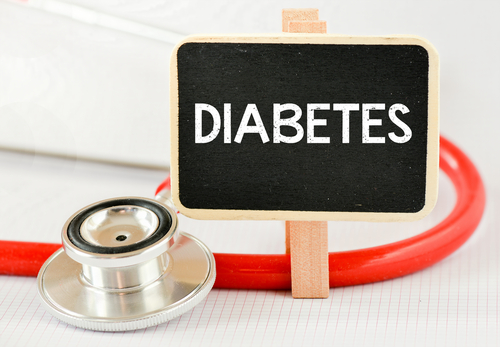

 © 2025 Mashup Media, LLC, a Formedics Property. All Rights Reserved.
© 2025 Mashup Media, LLC, a Formedics Property. All Rights Reserved.